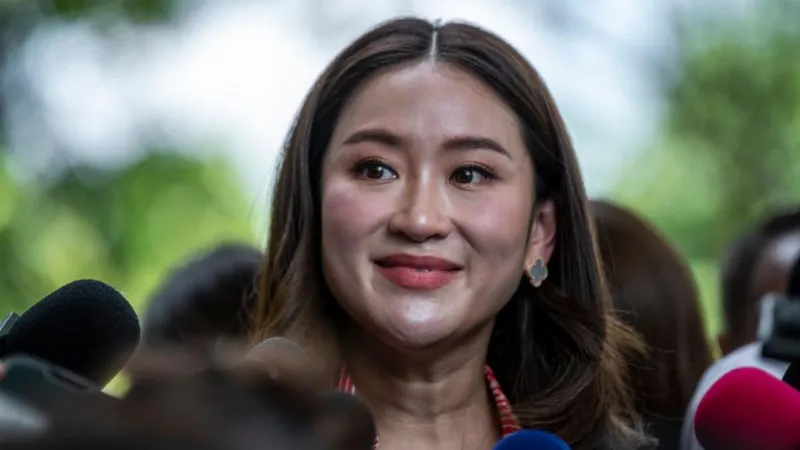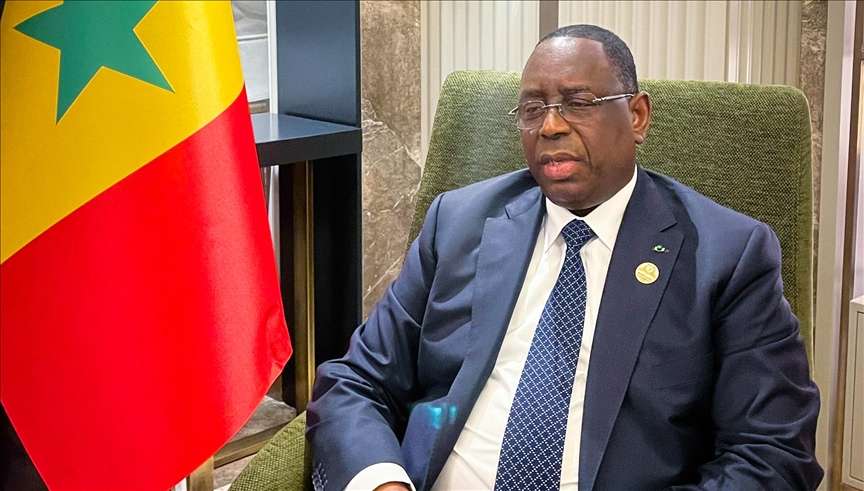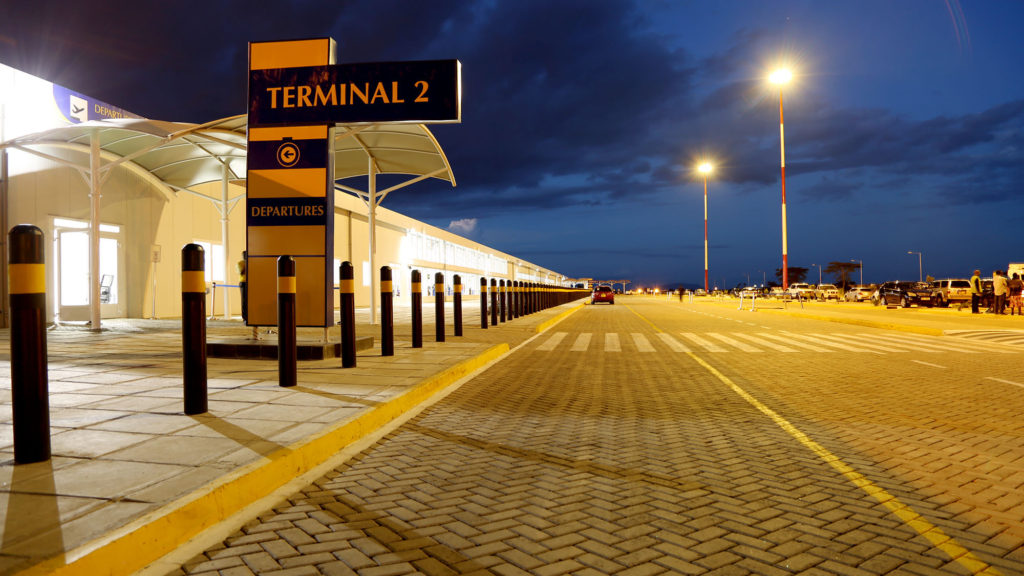Thailand’s parliament has picked Paetongtarn Shinawatra, the daughter of billionaire tycoon and former leader Thaksin, as prime minister. At 37, she will be the country’s youngest PM and the second woman in the post, after her aunt Yingluck. Her selection comes just two days after former PM Srettha Thavisin was dismissed by a constitutional court. Both are from the Pheu Thai Party, which came in second at the 2023 election but formed a ruling coalition.
Ms. Paetongtarn faces the difficult task of reviving Thailand’s stalled economy and avoiding the military coups and court interventions that have deposed four previous administrations led by her party. “I really hope that I can make people feel confident that we can build opportunities, improve the quality of life, and empower all Thais,” Ms. Paetongtarn told reporters after the vote on Friday. She was visibly overwhelmed, saying her hands were trembling from excitement.
She acknowledged that she is “neither the best nor the most talented one in the room.”. “But I always think I have a strong will and I have a good team… My team is strong, experienced, and determined, and we share the same ideas. That’s something I value highly,” she said.
Ms. Paetongtarn, who received 319 endorsements and 145 against votes, is the fourth member of the Shinawatra clan to become prime minister in the past two decades.
The other three, including her father Thaksin and aunt Yingluck, were deposed by military coups or constitutional court rulings. The same court dismissed Mr. Thavisin on Wednesday for appointing to his cabinet a former lawyer who was once jailed.
On Friday, Ms. Paetongtarn said she was “confused” and “very sad” to learn about Mr. Srettha’s dismissal. She decided it was “about time to do something for the party and for the country” after speaking to him and to her family, she said.
She added that Mr. Thaksin called to encourage her to “do your best” and said he is glad to still be able to see her take on the job in his old age. Educated at elite schools in Thailand and at university in the UK, she spent some years working at the Shinawatra family’s Rende hotel group, where her husband serves as deputy chief investment officer.
She joined Pheu Thai in 2021 and was appointed party leader in October 2023. Ms. Paetongtarn’s appointment brings fresh energy to Thailand’s top leadership. Members of Pheu Thai may also be holding out hope that she can help revive the party’s political fortunes.
Mr. Thaksin first became prime minister in 2001, but his second term in office ended abruptly after his government was deposed by a military coup in 2006. He returned to Thailand after 15 years in exile last October, hours before Mr. Srettha was voted prime minister.
He was allowed to return as part of a grand bargain with his old conservative enemies, who are now in coalition with Pheu Thai. In June, he was charged with insulting the monarchy. He is the most high-profile figure to face charges under Thailand’s notorious lese majeste law, which has been used against political dissidents.
Wednesday’s ruling to dismiss Mr Srettha is also being widely interpreted as a warning to Mr Thaksin, who still dominates Pheu Thai, to rein in his ambitions. Mr. Thaksin’s sister, Ms. Yingluck, won a landslide in the 2011 election, but she too was later disqualified by the courts, and her government was ousted by a second coup. She is now living in exile.
Ms. Paetongtarn led Pheu Thai’s campaign in last year’s election when she was in the final stages of her pregnancy, which won her many admirers. “I think after eight years the people want better politics, better solutions for the country than just coup d’etats,” she told the BBC at the time. “They are seeking policies that will help their lives.”
The election winner, Move Forward, was prevented from forming the government by the military-appointed senate, which paved the way for a Pheu Thai-led coalition with Mr. Srettha as PM. Earlier this month, the constitutional court dissolved Move Forward and banned 11 of its leaders from politics for a decade.
BBC





